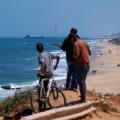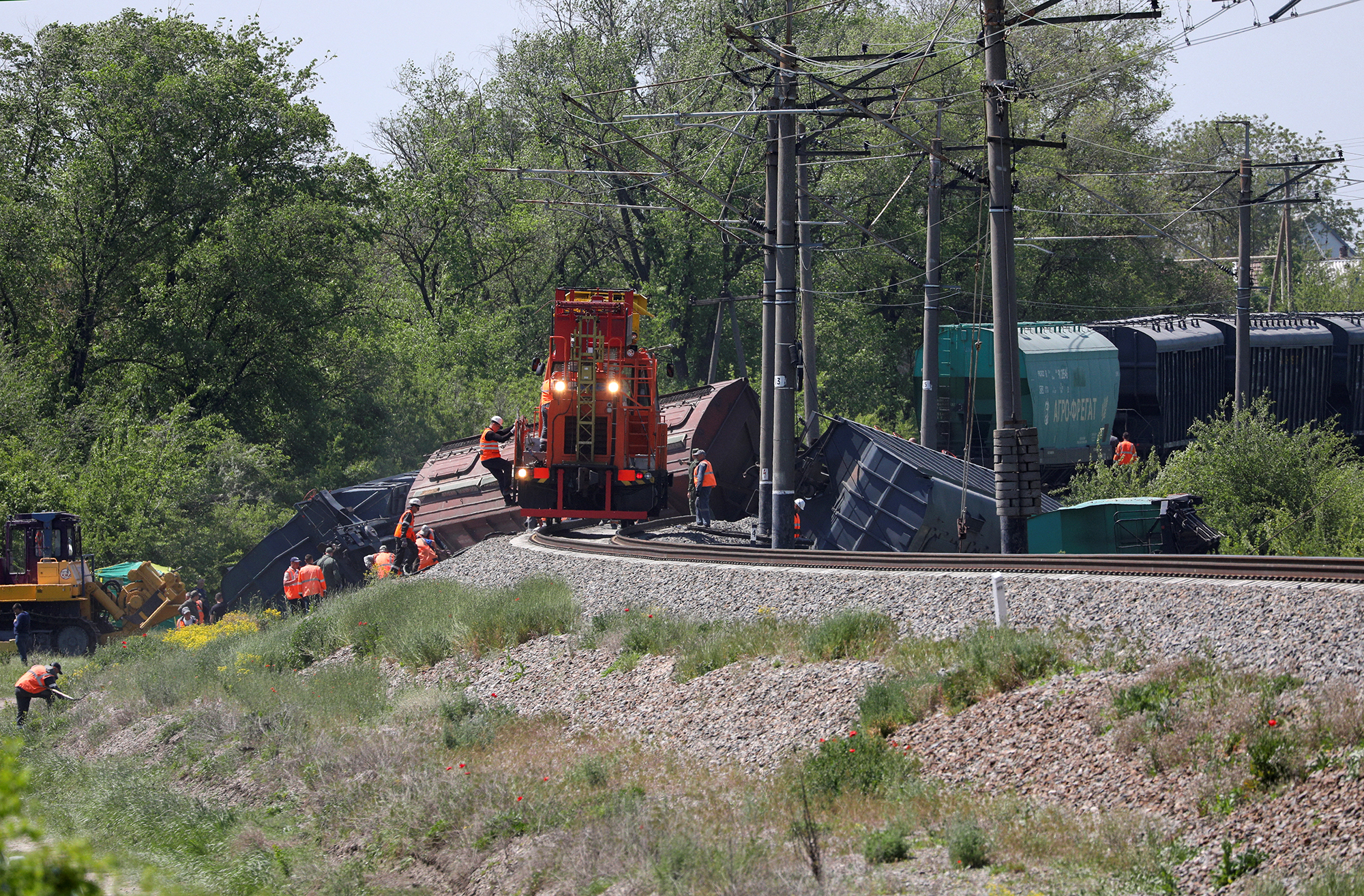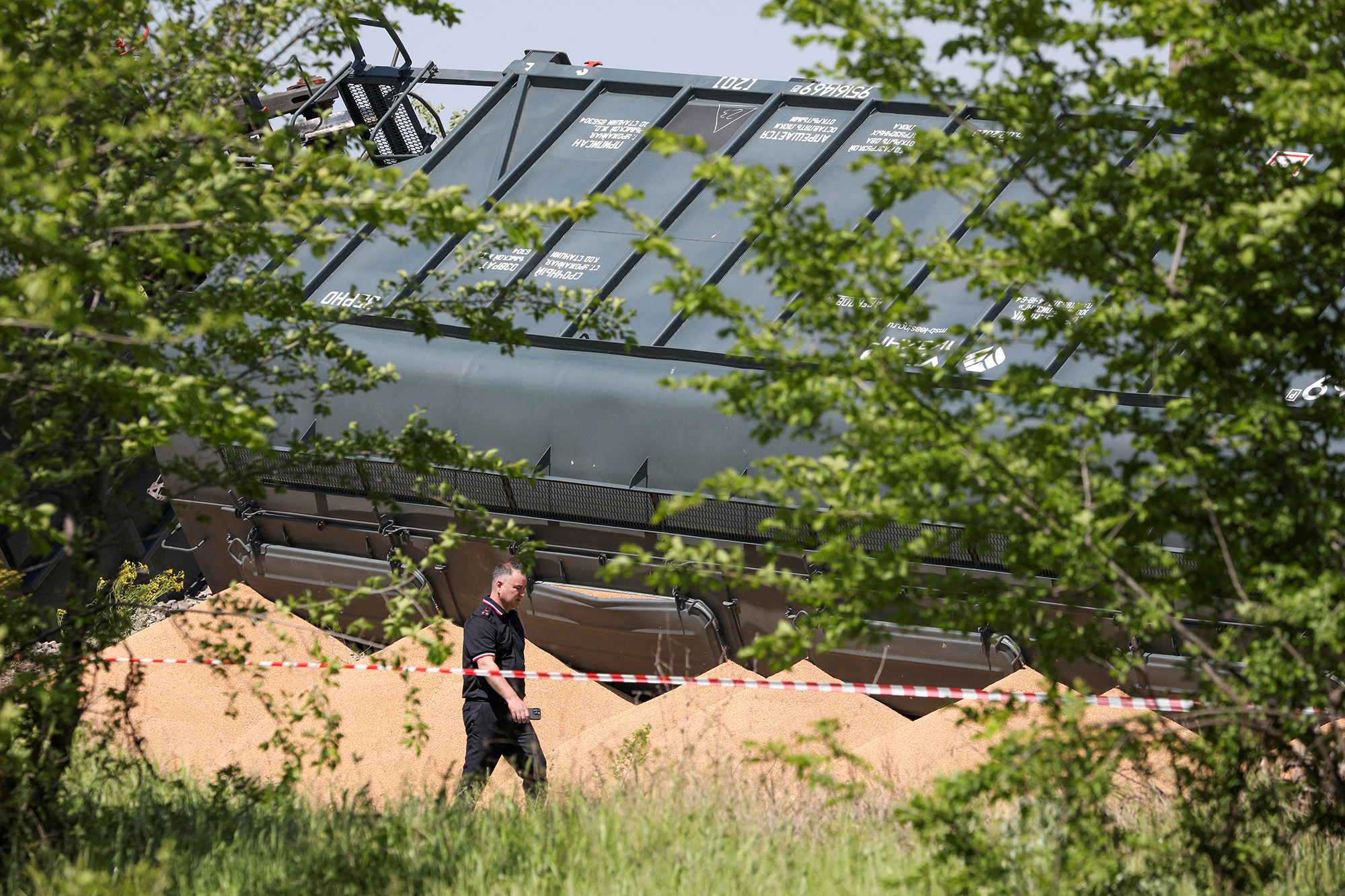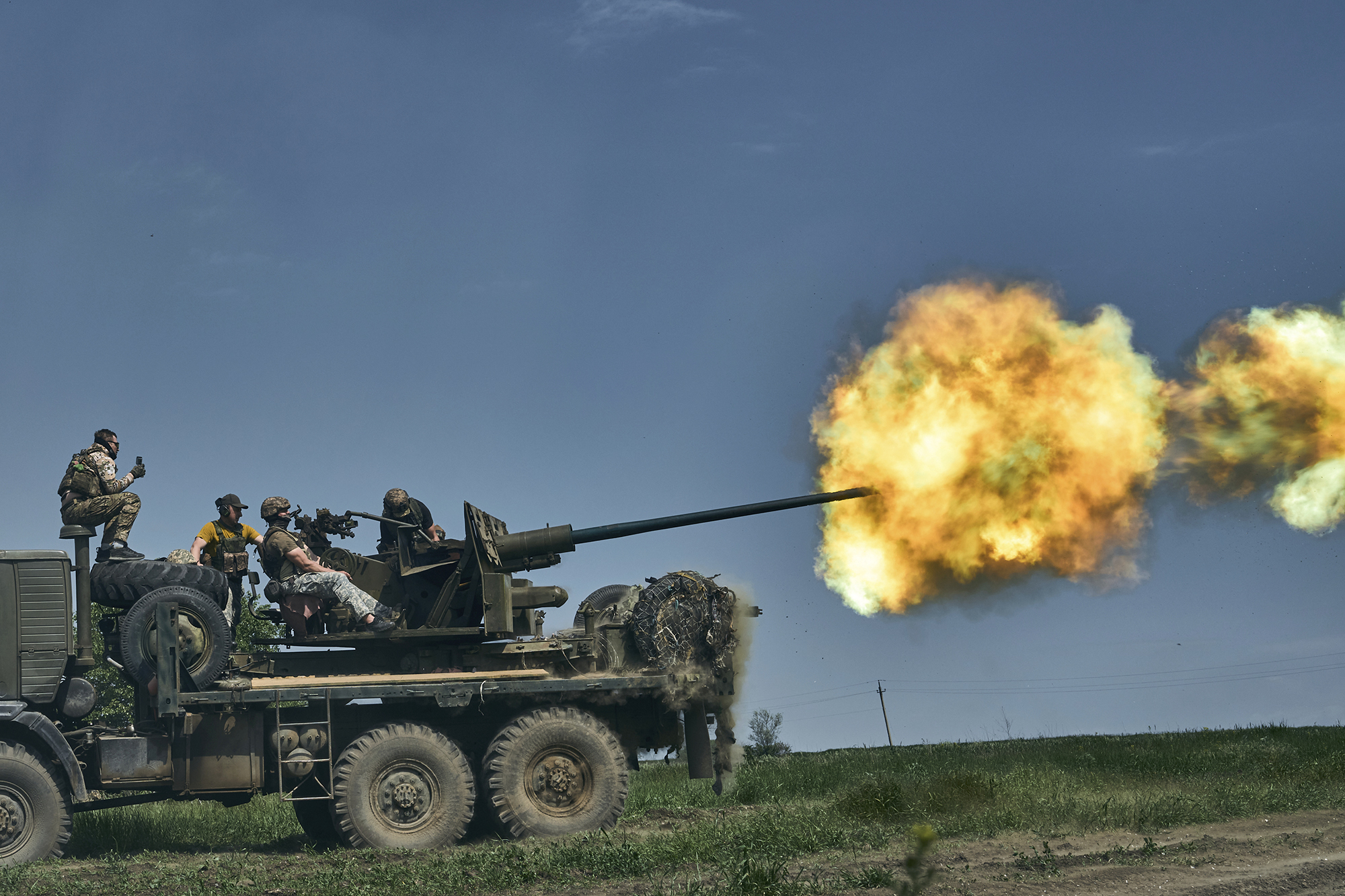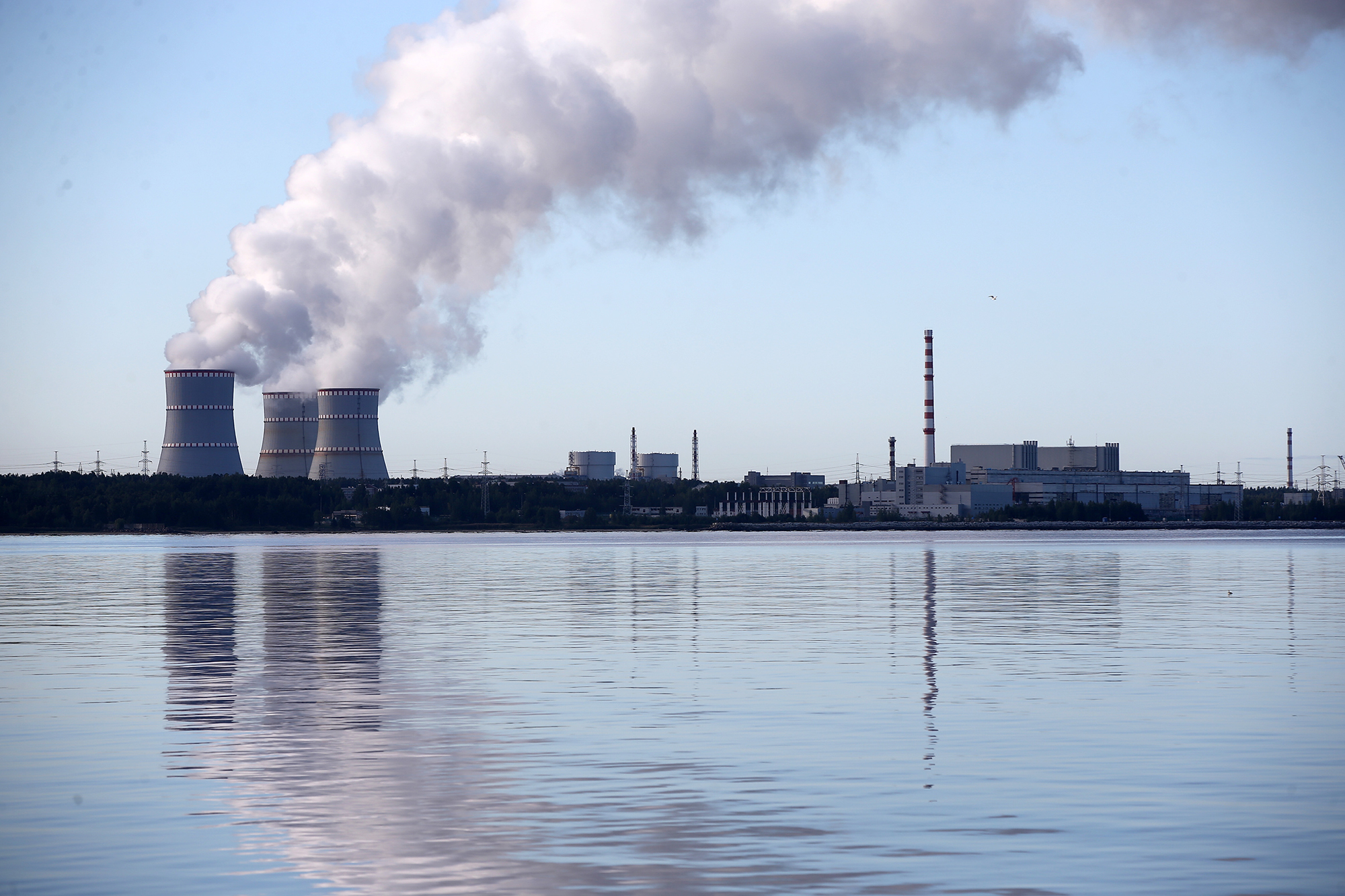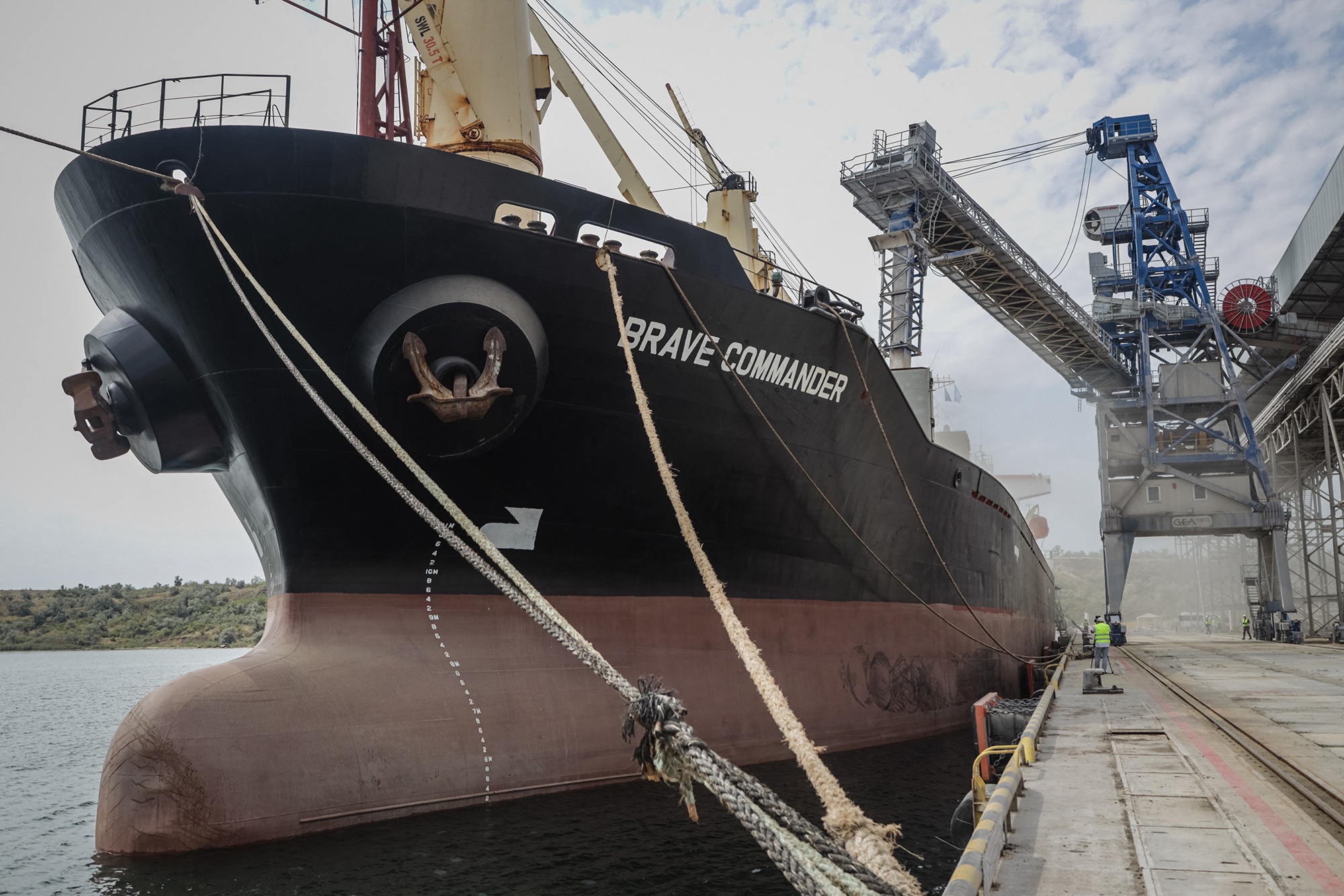
Russian Foreign Minister Sergey Lavrov has said the next two months will be “decisive” when it comes to the future of the Black Sea grain deal, which allows the safe export of grain from Ukrainian ports.
“Taking into account the whole range of circumstances, and taking into account the appeals of our partners, we supported the initiative of President Erdogan when he proposed extending this deal for another two months, with a clear understanding that these two months will be decisive,” Lavrov said at a news conference with his Ugandan counterpart in Moscow.
Moscow has agreed to a two-month extension of the Black Sea grain deal, Kremlin spokesperson Dmitry Peskov confirmed on Thursday after talks on easing restrictions on Russian agricultural exports.
“We can confirm that the Russian side has also decided to continue this so-called Black Sea deal for a period of two months," Peskov told reporters.
He described it as a "relative result” for Russia, adding that the pact’s fate was, “in the hands of those with whom the UN must agree on its Russian part.”
Russia had previously threatened to pull out of the deal, complaining that a separate agreement with the UN to facilitate shipments of Russian grain and fertilizers, brokered as part of the negotiations on the deal last July, was not being adhered to.
What is the Black Sea grain deal?: The deal was first established in July 2022 to ensure the safe exportation of Ukrainian grain amidst Russian blockades of Ukrainian ports. The deal – which the United Nations and Turkey helped broker – was set to expire on Wednesday before it was renewed.
According to the European Commission, Ukraine accounts for 10% of the world wheat market, 15% of the corn market and 13% of the barley market. It is also a key global player in the market of sunflower oil.
Should the deal not have been renewed, food security around the world would have been jeopardized. The International Rescue Committee (IRC) wrote on Tuesday that as much as 90% of imports into East African countries are shipments supported by the grain deal. If these imports were to stop, there would be a “spike in the number of undernourished people” to almost 19 million in 2023, the IRC said.
The new deal will now be in effect until July 18.
